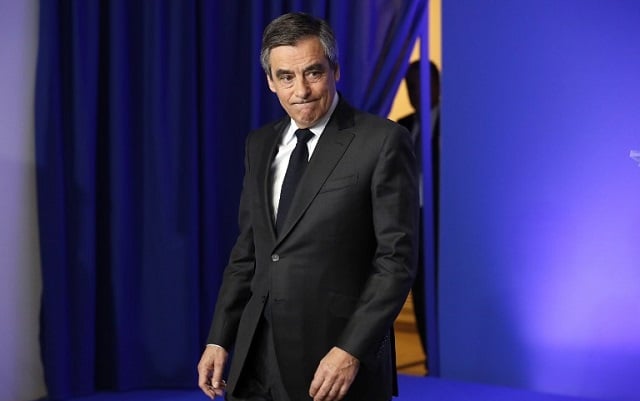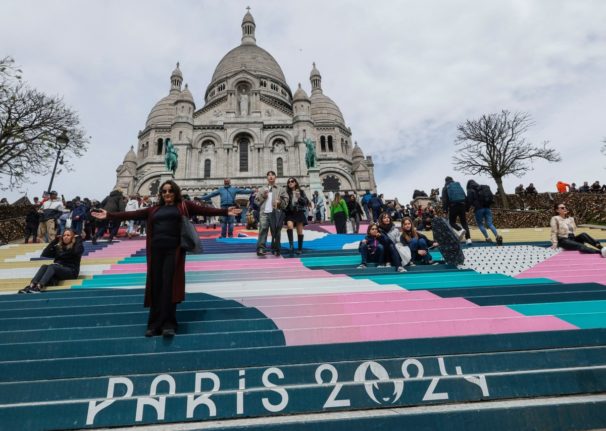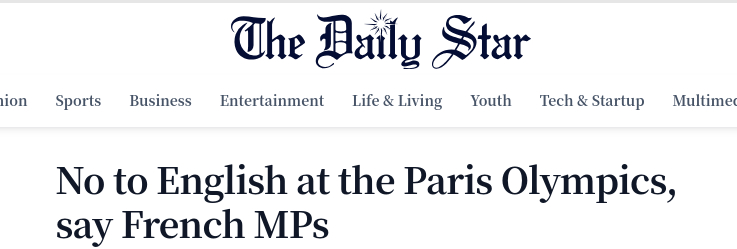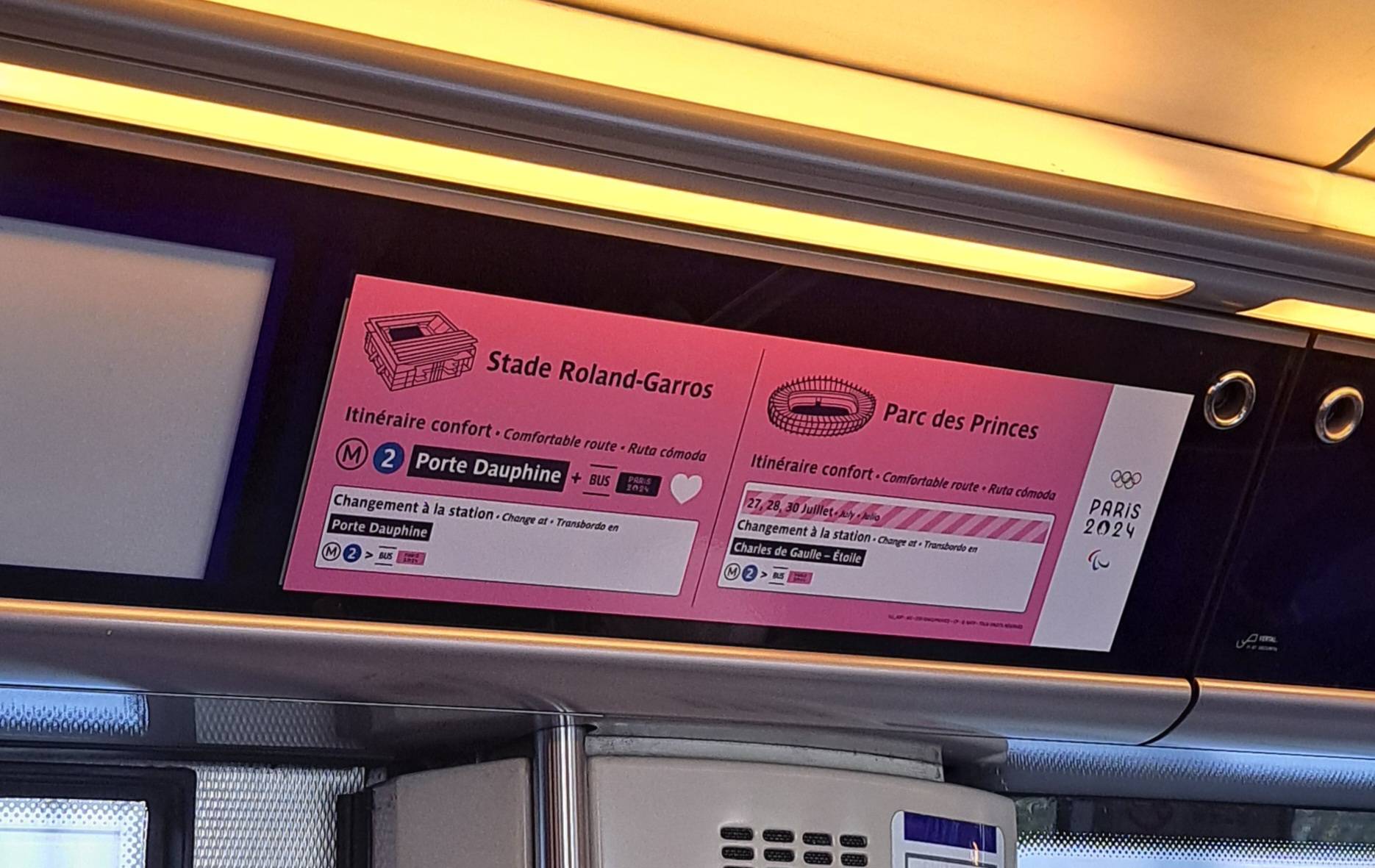Ladreit de Lacharriere employed Fillon's wife Penelope at his magazine La Revue des Deux Mondes from May 2012 to December 2013 with a pre-tax monthly salary of 5,000 euros ($5,500) a month.
The businessman, a close friend of Fillon, was summoned by three investigating judges on Friday evening and charged with misuse of corporate assets, the Journal du Dimanche newspaper said.
Fillon and his British-born wife have both been charged after revelations in the newspaper Le Canard Enchaine in January that his wife had been employed as a parliamentary assistant for 15 years.
She is suspected by investigators of having done little or no work for her salary that totalled hundreds of thousands of euros.
During his failed bid for the presidency, ex-prime minister Fillon also admitted taking an interest-free loan of 50,000 euros from Ladreit de Lacharriere without declaring it to a transparency watchdog.
Fillon insists he did nothing wrong and alleged throughout the campaign that the accusations were politically motivated.
Independent centrist Emmanuel Macron was inaugurated as France's youngest ever president on Sunday after winning the two-stage election on April 23rd and May 7th.
Fillon, the favourite until the revelations about his wife's jobs emerged, was eliminated after finishing third in the first round with 20.01 percent.
READ MORE: The Fillon Fight: A timeline of the extraordinary fake jobs scandal






 Please whitelist us to continue reading.
Please whitelist us to continue reading.
Member comments